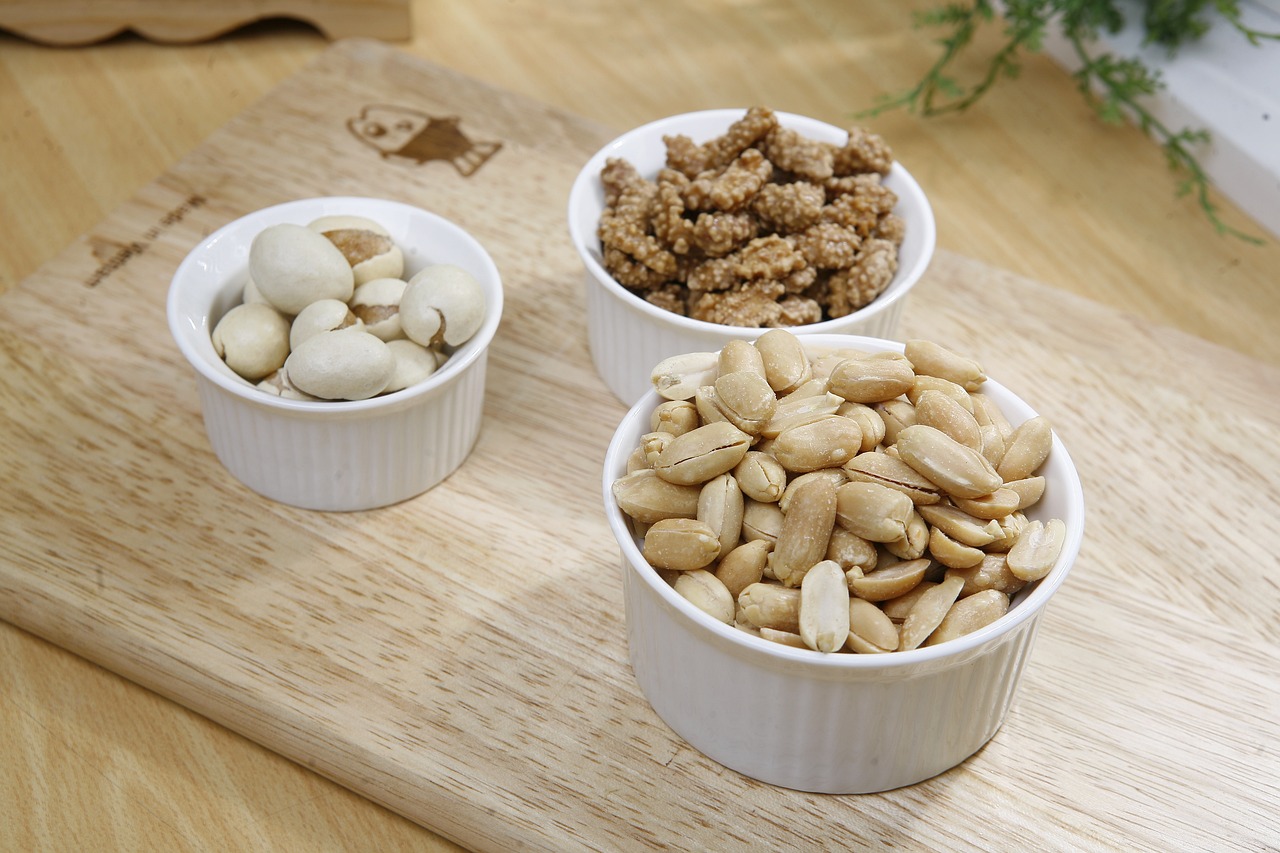Play as a care method - how to create joy and participation in the nursing home
This article is translated with AI and is based on Swedish conditions. Hopefully, it can inspire interested parties from other countries.
Playfulness in elderly care is a multifaceted method that can promote physical activity, cognitive stimulation, social interaction, and emotional well-being. By working cross-professionally and adapting to individual needs, play can become a natural part of the care routine.
"Play is the most serious task one can engage in, for it is then one is most oneself." – Bengt Anderberg
Playful Care - a Path to Activity and Participation in Elderly Care
Play as a Care Philosophy
Play is not just an activity but an attitude that can change the entire care climate. In elderly care, play can:
- Break down hierarchies between staff and residents
- Create equal encounters where everyone can participate
- Open up for creative solutions to everyday challenges
The Many Dimensions of Play in Care
Motor Play - Joy of Movement Without Performance Pressure
- Simple ball games adapted to movement ability
- "Dancing Care" - integrating movements into everyday work
- Shadow play where one follows each other's movements
Social Play - Community Through Interaction
- Storytelling games where each person contributes
- Role play around everyday situations
- "Play fika" with themes from the past
Cognitive Play - Train the Brain with Joy
- Memory play with objects from different decades
- Problem-solving games with practical application
- Word association games related to life experiences
Implementation in Everyday Life
For my part, I believe that we all have play within us. We allow ourselves to play in different situations, especially when we are with children. Children visiting the elderly care facility can therefore be a good door opener to create a culture where play is a natural part of everyday life.
With playfulness, we can often involve those who are otherwise not participating. A smile, a twinkling eye, someone who sings along to an old tune. As staff, we must instill self-confidence and strengthen self-esteem both in ourselves and in our colleagues. With a little frivolity and spontaneity, the entire unit becomes much happier and more active.
Perhaps there is an inspirer in the unit who, through their way of being, can be a role model for colleagues. At the operational level, equipment such as balls and other material for adult games may be needed. By investing in material and support, it is also shown that a more playful way of working is not only permitted, it is desirable.
With a little reflection, the business can develop games that simultaneously have a rehabilitative or function-preserving effect on the residents.
Overcoming Challenges
For the Domain "We Have Never Done This Before"
- Start small with short play sessions
- Show research on the positive effects of play
- Document successes
For the Fear of "Infantilizing"
- Adapt games to an adult frame of reference
- Connect to memories and life experiences
- Respect boundaries and integrity
Reflection Questions
For Care Personnel:
- What type of play do you think would suit your residents best?
- How can you integrate more play into your daily work?
For Manager, Nurse, Occupational Therapist, and Physiotherapist:
- What structural barriers do you see to implementing more play?
- How can you together create a more playful care environment?
For Residents and Relatives:
- What games or games from your youth would you like to relive?
- How can you help inspire more playfulness?
Research Connection
Here are some Swedish research studies and articles that explore how play and playfulness can have positive effects in elderly care, rehabilitation, and dementia care:
"Playfulness as an Intervention Method in Dementia Disease"
Author: Lövheim et al. (2013)
Publication: Nordic Gerontological Journal
Summary: Studies how playful activities (singing, dancing, reminiscence play) can reduce behavioral symptoms in dementia.
"The Importance of Play for People with Dementia in Special Accommodation"
Author: Johansson & Andersson (2016)
Publication: Gerontology and Geriatric Care
Summary: Shows that structured play (e.g., music, simple games) can improve the quality of life for people with dementia.
"Exergaming as a Rehabilitation Method for the Elderly"
Author: Sandlund et al. (2011)
Publication: Physiotherapy
Summary: Examines Wii games and movement-based play as training for balance and strength in the elderly.
"Dance as Rehabilitation After Stroke"
Author: Lundin-Olsson & Nyberg (2017)
Publication: Swedish Rehabilitation Research
Summary: Analyzes how dance play can improve motor skills and well-being after stroke.
"Humor and Play in Palliative Care"
Author: Öhlén et al. (2015)
Publication: Palliative Care - Research and Practice
Summary: Shows that playful communication can reduce anxiety and increase community at the end of life.
"The Role of Play in Elderly Social Isolation"
Author: Rasmussen & Jansson (2020)
Publication: Social Medical Journal
Summary: Studies how shared games can break loneliness in elderly care.
"Sensory Garden as Therapy for Elderly with Dementia"
Author: Bengtsson & Grahn (2014)
Publication: Health and Design
Summary: Evaluates how nature play and tactile experiences soothe and engage.
"Music and Play in Dementia Care"
Author: Särkämö et al. (2018)
Publication: Geriatric Nursing Research
Summary: Shows that music-based games improve memory and mood.
Where Can I Find These Studies?
Google Scholar (search with keywords: "play elderly", "play dementia", "rehabilitation game Sweden")
University Libraries (Lund, Karolinska, University of Gothenburg)
Databases:
Swemed+ (Swedish medical research)
Libris (link to books/articles)
DiVA (Swedish dissertations)
Erland Olsson
Specialist nurse
Sofrosyne - Better Care Every Day

Aktuellt i media
-
2025-04-23 04:00
13 Hygien
Storage tends to attract all the world's junk. Order, clearing and cleaning of storage is a necessary recurring task.
info Bild: Pixabay
Bild: Pixabay -
2025-04-14 04:00
08 Förebyggande o lokaler
The art of furnishing a nursing home, a balancing act between homeliness, functionality, and hygiene aspects.
info -
2025-04-10 04:00
04 Bemötande
Waking up in a nursing home - is the morning routine adapted to each individual's needs?
info Bild: Pixabay
Bild: Pixabay -
2025-04-07 04:00
09 Mat och måltid
For the elderly, it is often important to eat many snacks in order to get enough nutrition.
info Bild: Pixabay
Bild: Pixabay -
2025-04-03 04:00
04 Bemötande
What creates safety in elderly care homes - advice and tips on creating a secure environment for the residents
info -
2025-04-01 00:00
10 Aktivitet o funktionsbevarande arbetssätt
Reminiscing, working with memories, is an activity that creates a lot of added value for people with dementia.
info

